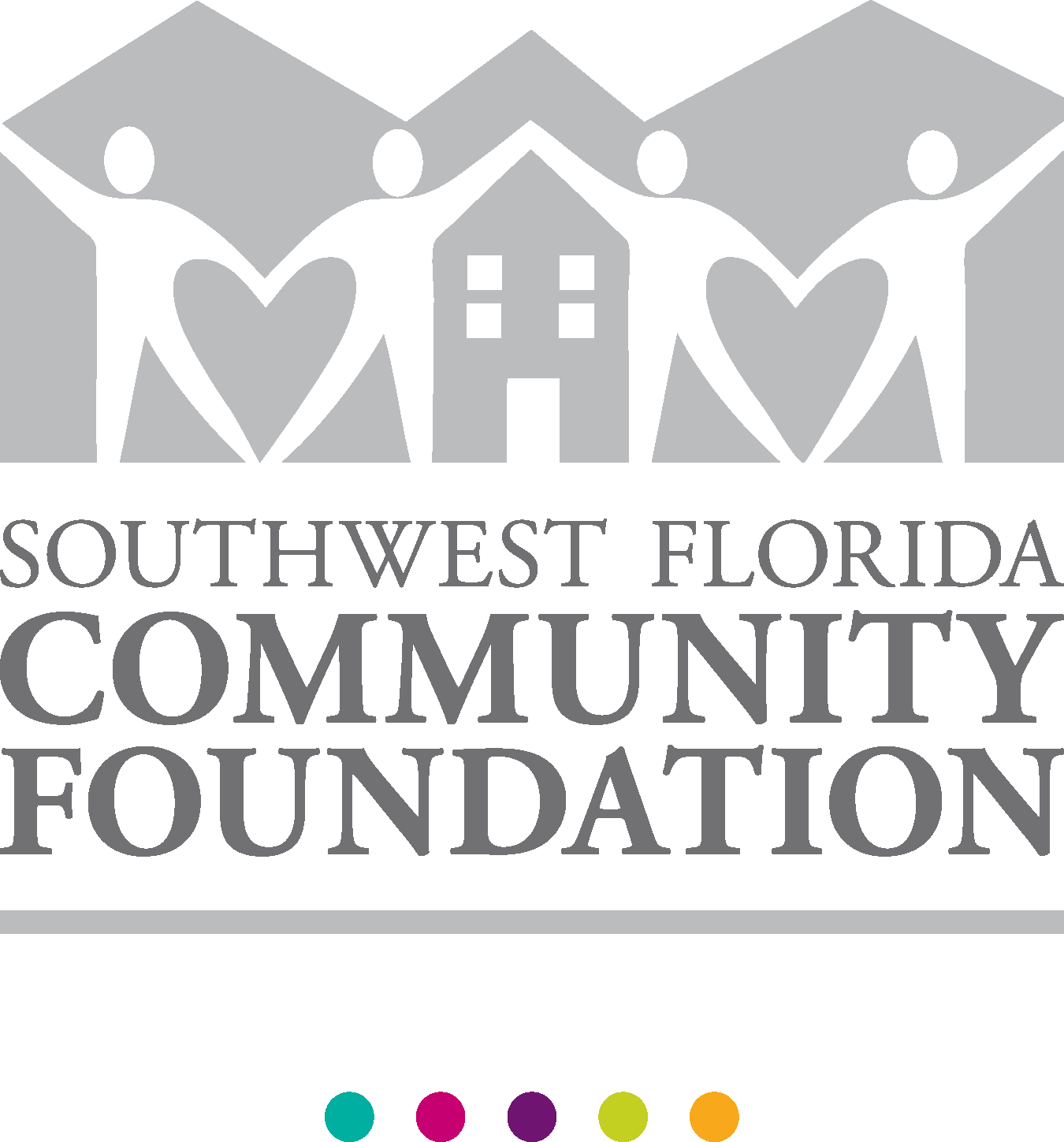[An earlier version of this post was published 3-11-2011.]
Lately I’ve been thinking a lot about life lessons, about rules to live by, and about how to make the last third of my life as productive, full of joy and meaningful as possible. I’m inspired by my Uncle Paul Bloom, who will be 97 in January. Paul’s writing his memoirs, leading the opera program he started at his retirement community, giving his name and resources to important philanthropies, and is as engaged in life as anyone I know. Closer to my professional world, my friend Dave Duffield just took Workday public shortly after his 72nd birthday.
Now good genetics are at work here, and none of us can count on that. But there’s a ton we can do to prepare for and then execute a terrific last third of our lives. I’ve taken Harry’s rules from a very yellowed newspaper clipping I keep in a large file of same. No date remains, but thanks to Google, I now know who Harry was, and his rules are well worth noting:
- Exercise 6 days a week for the rest of your life.
- Do serious aerobic exercise 4 days a week for the rest of your life.
- Do serious strength training, with weights, 2 days a week for the rest of your life.
- Spend less than you make.
- Quit eating crap!
- Care.
- Connect and commit.
And now for Naomi’s rules:
- Philanthropy isn’t about extra credit; it’s an obligation. Actually, this isn’t a rule of my own devising. The Hebrew term is tzedakah, literally fairness or justice. And lest you think that all philanthropy is equal, Maimonides offers a hierarchy of giving, with the first item listed being the most worthy form, and the last being the least worthy. I find it interesting that the most worthy form is to help a person in need to become not only self-sufficient but also to join the circle of tzedakah in their own right, not unlike the much later Christian notion of teaching a man to fish. Translated from Maimonides:
a) Giving an interest-free loan to a person in need; forming a partnership with a person in need; giving a grant to a person in need; finding a job for a person in need; so long as that loan, grant, partnership, or job results in the person no longer living by relying upon others.
b) Giving tzedakah anonymously to an unknown recipient via a person (or public fund) which is trustworthy, wise, and can perform acts of tzedakah with your money in a most impeccable fashion.
c) Giving tzedakah anonymously to a known recipient.
d) Giving tzedakah publicly to an unknown recipient.
e) Giving tzedakah before being asked.
f) Giving adequately after being asked.
g) Giving willingly, but inadequately.
h) Giving “in sadness” – it is thought that Maimonides was referring to giving because of the sad feelings one might have in seeing people in need (as opposed to giving because it is a religious obligation; giving out of pity).
- Your successes are not solely of your own making, so don’t take too much credit for them. As it happens, we are all either blessed or cursed by the good fortune of our birth and by the good fortune, the mazel, that has accompanied our journey to this point. Born in the US? Mazel. Born healthy, intelligent, and loved? Mazel. Wanted by two reasonably together and prepared parents? More mazel. Managed to get through school, university, life-to-date without dread diseases, terrible accidents, loss of your freedom or life in civil unrest? Pure mazel. What you build on top of all that good luck through your own hard work and perseverance is absolutely yours for which to take credit, but it’s important to remember just how much of what we become, of who we are, and of what we have is just plain dumb good luck. Thinking about life this way, as a three-legged stool of which you only control one leg, makes clear why tzedakah is an obligation for those of us whose stools have three good legs.
- When in doubt, reboot. This really started out as when in doubt, trim your sails. One of the first lessons that every sailor learns is that, when you first think the wind is kicking up, it’s time to reef (shorten) your sails. It only gets harder and more dangerous to do so as the winds get stronger, so it’s best to reef early. Then, if the winds ease, you can always unreef those sails. Not sure about the significant other in your life? Don’t race to the alter. Not sure about the fit of a job offer? Sleep on it. Uncomfortable about the economy, about the markets, about your own financial future? Hold cash, spend less, work more. Computer behaving oddly — and when don’t they? Reboot. When I was leaving for college, my father, who was more of a buddy than an advice-giver, offered me the following advice when it came to dating: “If the boy makes a move with which you’re not comfortable, think about it overnight. No boy will ever say no if you call him the next morning to accept his offer.” When in doubt, reboot!
- Life is short, fragile and amazing; live large. Several of my closest friends never made it through college. Horrible accidents, Viet Nam, and more ended their lives before they could drink legally. My Mom died before her 40th birthday as did two of my very closest friends from childhood. And the list goes on. I really do believe that we should pack two years of living into every calendar year, working hard, playing hard, making time for friends and family and ourselves. Ron and I travel a ton, try to find time for boating, and are already planning how we’ll spend big chunks of 2013. G-d willing (now we’re back to mazel) we’ll “live long and prosper” and be the life of the party at the old farts home.
- Your friends will see you through, so invest in relationships far more than you invest in everything else. I’ve been blessed with wonderful friends, but it takes being one to earn and sustain friendships. Did you really drop everything and get on the next plane when they needed you? When you didn’t have plane fare without missing a rent payment? Have they done the same for you? Have you listened for hours when you’re exhausted because they really need to talk? When you knew a deliverable would be overdue or worse? Do they do the same for you? Store up friendships like squirrels do nuts because it’s going to be a long winter during which age and life take their toll on those you love. Having lost so many of those I love, and having watched my Uncle Paul outlive so many more, I know the importance of building, sustaining, and renewing more friendships (to include with your own family) than you ever think you’ll need.







Leave a Reply
You must be logged in to post a comment.